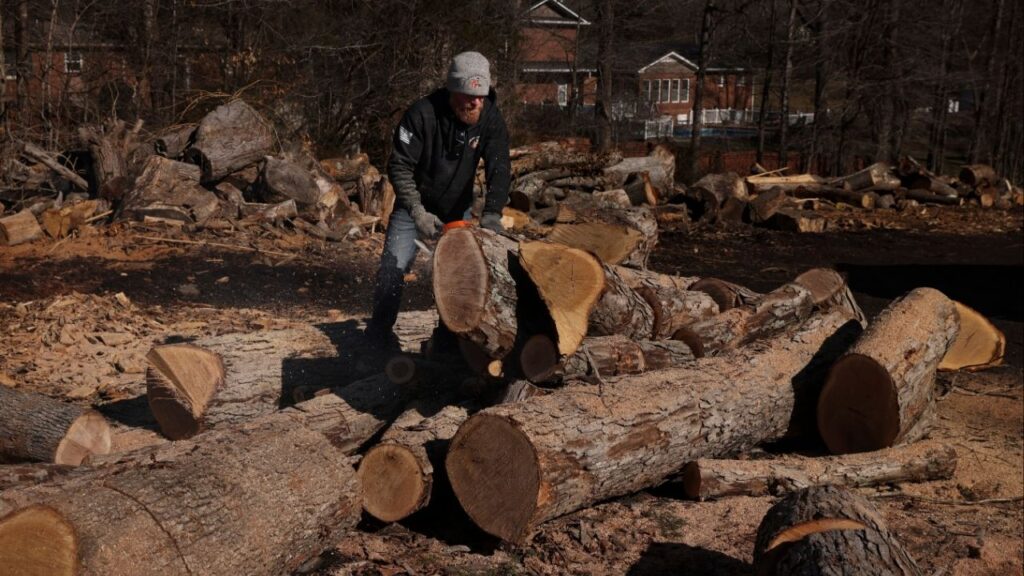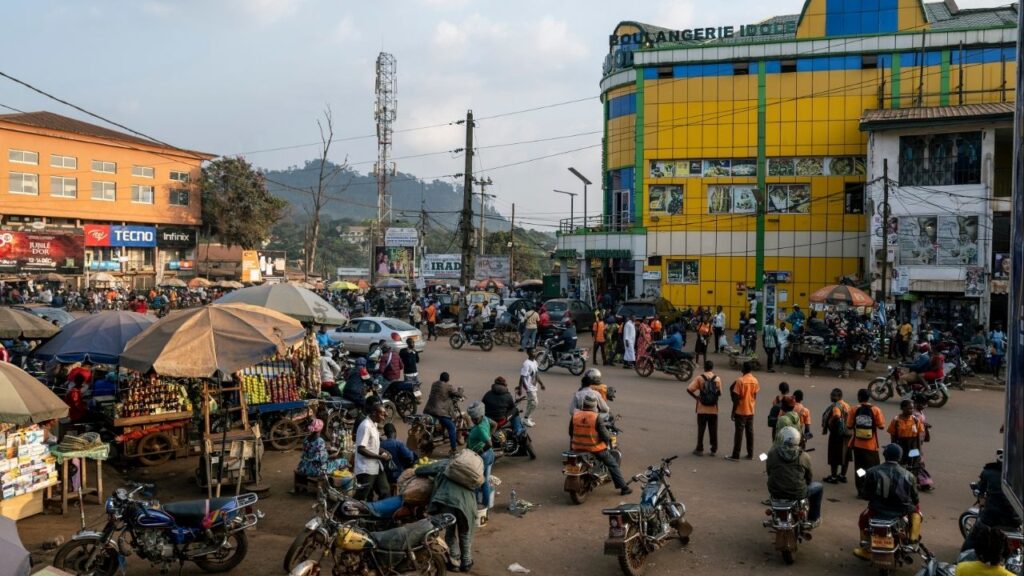Share
You might be thinking about giving up sweets or going to the gym more. But, for the good of your state, the best thing you could do is swear off this phrase: “We want to protect the character of the community.”

Opinion
Joe Mathews
The phrase is powerful precisely because of its imprecision. Vague enough to be wrong in many ways, it is the ultimate dodge, practically meaningless, the NIMBY equivalent of “Yadda, Yadda, Yadda” from the famous Seinfeld episode.
But, in another, perverse sense, “protect the character of our community” is the phrase that unites us all. It can be used to oppose anything: more housing, more renewable energy, more immigrants. It is used by poor people protesting gentrification that might bring richer people to their neighborhoods, and it’s used by rich people worried that affordable housing or homeless services might bring poorer people to their neighborhoods. It’s been used to throttle projects that promote sprawl and driving, and those that promote density and transit.
The defense of community character is a lousy argument in normal times, because neither character nor community is static. People don’t stay the same — they have children, change jobs, learn new things, relocate, and, most of all, they age. And in so doing, they change the character of their communities, because what they need from their surroundings — both physical and social — changes.
The “Protect-Community-Character” Argument
And in difficult times like our own, the “protect-community-character” argument verges on treason to California and its ideals.
California faces two huge categories of challenges. The first is to catch up on meeting the state’s existing needs—especially for infrastructure, transportation and housing. Housing is controlled at the local government level, where “the character of the community” argument is strongest. The results have meant disaster for the state. California housing costs 2 ½ times the national average, and the state has the country’s longest and unhealthiest commutes.
As bad as today’s housing crisis is, it pales in comparison to the dangers that the community protection racket poses for California’s future. The threat of climate change, in particular, will require transformation in how and where we live, which by definition will change community character. And the state needs to invest massively in transit so that we drive less and burn fewer fossil fuels. No responsible community in California should stay the same in such a time.
Indeed, change in California communities is long overdue. For 40 years now, since the passage of Prop 13, California has prioritized community stability—holding down property taxes to benefit existing homeowners and businesses—at the expense of schools, health care, business development and local services. It’s time for that era to end.
Stop Singing the Praises of Community Character
But that will require that we stop singing the praises of community character and start realizing that it’s really the anthem of California’s religion of obstruction. It won’t be an easy shift to make. In their never-ending efforts to block progress, the character protectors have too many tools at their disposal—zoning, design and environmental reviews that last eons; the California Environmental Quality Act; slow-moving licensing processes; and endless litigation in our clogged courts.
Please. They are the powerful, not the powerless. They’re victimizers, not victims. And they’ve been getting away with the crime of shutting their communities off from change, and putting big problems onto the younger, poorer, more diverse generations of Californians. It’s no accident that younger residents have been leaving the state in such high numbers; more than two-thirds of people who departed California in the past decade had annual incomes of less than $50,000.
This New Year’s, it’s time for Californians who care about the future, the environment, and our neighbors to banish this noxious phrase from our vocabulary. And when we hear others use the phrase, we should point out what it really means: I got mine, and who cares about anyone else?
And if your fellow Californians still persist in claiming they want to “protect the character of our community,” please feel free to start questioning their character.
About the Writer
Joe Mathews writes the Connecting California column for Zócalo Public Square.


















